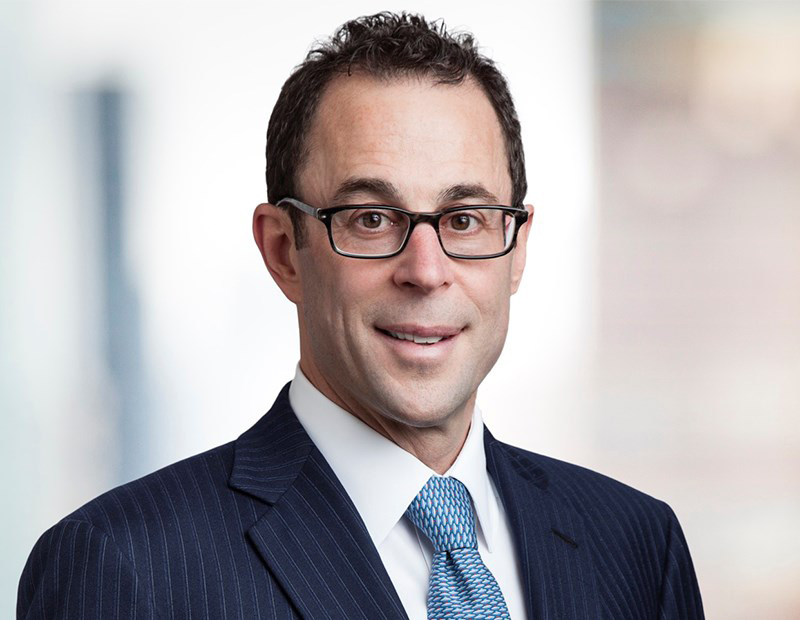Trump Bump Gone, Optimism Still Prevails: RCLCO Survey
Almost two-thirds of respondents think the coming downturn won’t begin until 2019, while about a quarter believe it will be next year.
By Scott Baltic
“How long will the expansion continue?” was the central question posed, and answered perhaps as best it could be, by the Mid-Year 2017 Sentiment Survey from RCLCO, of Washington, D.C., formerly known as Robert Charles Lesser & Co.
Compiled by Managing Directors Charlie Hewlett and Len Bogorad and Senior Associate Mark Simpson, the report was released in two parts, late last week and a week earlier.
One key point is that two-thirds of survey respondents think the current cycle’s expansionary phase is likely to last for at least another 18 months. Further, they see most product types as no closer or only a little closer to downturn conditions than six months ago.
The immediately prior survey, at year-end 2016, reflected post-election optimism that the new administration, along with GOP control of both houses of Congress, would buoy the economy through “tax reform, deregulation and other business-friendly policies,” according to RCLCO.
“Enthusiasm for the new president and his ability to deliver on concrete policies has faded,” the survey found, but even so, respondents overall remain cautiously optimistic. And though the current cycle is seen as likely “in the process of sunsetting, fundamental conditions remain strong for the near- to mid-term.”
The survey participants were a “highly experienced pool of real estate professionals” nationwide, though weighted toward the coasts and the Sun Belt, and mostly C-level and other senior executives. Developers and builders comprised the plurality, followed by investors or capital allocators.
As a kind of bottom line, the survey’s metrics yielded a figure of 68.0 (on a 100-point scale) on RCLCO’s Real Estate Market Index, versus 70.8 six months ago.
Scattered clouds, little chance of downturn
Almost two-thirds of respondents think the coming downturn won’t begin until 2019, while about a quarter believe it will be next year, leaving only a small minority expecting the downturn this year.
The respondents perceive most product types as firmly in the early stable phase of the real estate cycle, with retail and multifamily, and perhaps hospitality, in the late stable phase. Retail also showed the most prominent change in sentiment, “most likely in part reflection short- and longer-term concerns” about the threat posed by e-commerce.
Similarly, multifamily, in the opinions of those surveyed, is heading for a (somewhat delayed) downturn within the mid-term. Concerns about an apartment bubble are strongest regarding metro Washington, D.C.; the Southwest; and the Southeast (Florida excepted).
On the financial side, RCLCO notes that Trump administration policies “have had little impact on capital markets for real estate.”
The amount of equity continues to exceed available opportunities, though as operating fundamentals moderate, upward pressure on asset prices is neutralized. Meanwhile, debt too is helping to brake asset price inflation, as demand for debt appears to exceed what traditional lenders are willing to extend.
RCLCO concluded that though the current expansion could continue for a further 18 to 24 months, “the probability that unexpected events derail this trajectory continues to be high.”
The full report is available here.









You must be logged in to post a comment.